Watch an excerpt from Maya Deren’s insightful and ground breaking documentary on Haitian Vodou filmed in 1947, as well as read about this beautiful way of living, serving, and connecting with the universal and multi-faceted powers, for people from the West African diaspora and beyond.
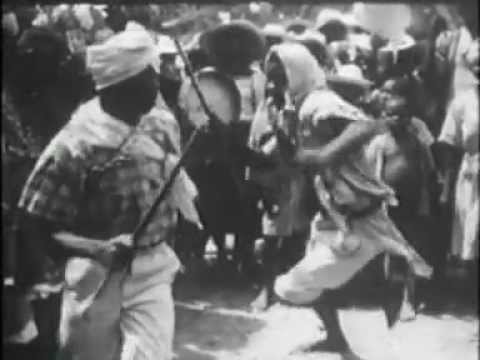
Watch this video on YouTube
Divine Horsemen: The Living Gods of Haiti explores the Vodou religion of Haiti, filmed by Maya Deren during 1947-1951, and edited posthumously by Teiji and Cherel Ito (1971).
Serving the Spirits
An Excerpt By Michael Rock
Haitian Vodou (or Vodun), called Sevis Gineh or “African Service,” is the primary culture and religion of the approximately 7 million people of Haiti and the Haitian diaspora. It has its primary roots among the Fon-Ewe peoples of West Africa, in the country now known as Benin, formerly the Kingdom of Dahomey.
“Vodun is lifting up sacred energies. It’s all night ceremonies to detox, connect with source – the Ancestors and divine within… It’s herbal cures, bad vibe make-overs, touching guardian angels, reaching for Gwo Bon Anj, Ti Bon Anj. It’s respect for the unconscious, prescient dreams, excavating the unconscious to get to the better angels of our nature, unending community interactions, unchanging relationships and unending familial identity, are a given out there where my parents are from”–(c) 2000 Ezili Dantò, Excerpted from “Sorry I am Late” from Red, Black & Moonlight (Vodun Jazzoetry performance series): Between Falling and Hitting the Ground by Ezili Dantò
It also has strong elements from the Ibo and Kongo peoples of Central Africa and the Yoruba of Nigeria, though many different peoples or “nations” of Africa have representation in the liturgy of the Sevis Gineh, as do the Taino Indians, the original peoples of the island we now know as Hispaniola. Haitian Vodou exists in Haiti, the Dominican Republic, parts of Cuba, the United States, France, Montreal, and other places that Haitian immigrants have dispersed to over the years.
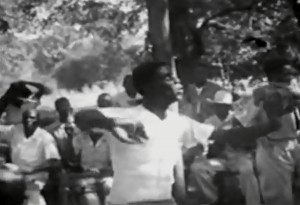

But, what makes Vodou so interesting is that it’s this living relationship between the living and the dead. So, the living give birth to the spirits. The spirits can be invoked from beneath the Great Water, responding to the rhythm of the dance to momentarily displace the soul of the living, so that for that brief shining moment, the acolyte becomes the god. That’s why the Vodouists like to say that “You white people go to church and speak about God. We dance in the temple and become God.” And because you are possessed, you are taken by the spirit — how can you be harmed? So you see these astonishing demonstrations: Vodou acolytes in a state of trance handling burning embers with impunity, a rather astonishing demonstration of the ability of the mind to affect the body that bears it when catalyzed in the state of extreme excitation. — Wade Davis, Author of The Serpent and the Rainbow
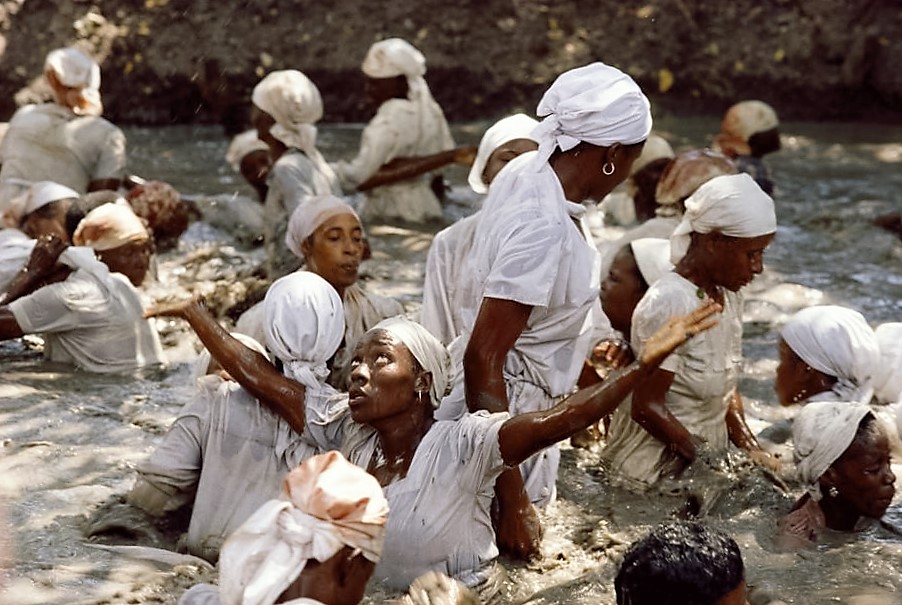

Traditions of the African Diaspora
Other New World traditions it is closely related to or bears resemblance to include Jeje Vodun in Brazil, La Regla Arara in Cuba, and the Black Spiritualist Christian churches of New Orleans. Haitian Vodou also bears superficial resemblances in many ways with the Nigerian Yoruba-derived traditions of Orisha service, represented by La Regla de Ocha or Lukumi, aka “Santeria,” in Cuba, the United States, and Puerto Rico as well as Candomble in Brazil.
While popularly thought of as related to Haitian Vodou, what is commonly referred to as “voodoo” in New Orleans and the southern US is a variant of the word “hoodoo”, also called “rootwork” or “root doctoring.” This is a folk magical tradition from Central Africa in the Congo region in which roots, leaves, minerals, and the spirits of the dead are employed to improve the lot of the living, often including the reciting of Psalms and other Biblical prayers. Rootwork also incorporates Native American herb lore and European and Jewish magical traditions. As a folk magic tradition, New Orleans “voodoo” and southern “hoodoo” rootwork are distinct from the RELIGION of Haitian Vodou and its siblings and cousins.
In Vodun, all African/Haitians are DIRECT descendants of the SACRED. ALL. Cosmologically, they are said to be the descendants of Lè Marasa, lè Mò e lè Mistè. And as such descendants of Gods, they may tap into all that which came before them, lift up divinity into their human lives by tapping into or using certain sacred sounds of the Vodun drums, sacred chants, vibrations and Lapriyè Ginen songs, by focusing on a specific vèvè like the Legba vèvè, by Vodun dance/movement, through trance, prescient dreams, the use of healing herbs, moonlight and star patterns – these are part of the meditations by any adept Vodouist.
The energies in Vodun are not perfect like the Catholic Saints. NO. They mirror the imperfect world (contraction/release) and are found ALWAYS in the universe and may be molded, elevated or not. One does not have to adopt trans-migrated powers or the derogatory mass consciousness that vies for the soul of Black folks. No. There is a choice. When you look in the Cosmic Mirror, what is looking back at you is YOUR OWN face! You are the God, Goddess you’ve been looking for. You have free will to choose to extend your sacredness or not….In Vodun, there are no middlemen between you and what is good, sacred and divine. Your highest self is in you… or you may allow the mass consciousness to take you over… — Ezili Dantò
STORY: Maya Deren: Divine Horsemen Dance the Living Gods of Haiti
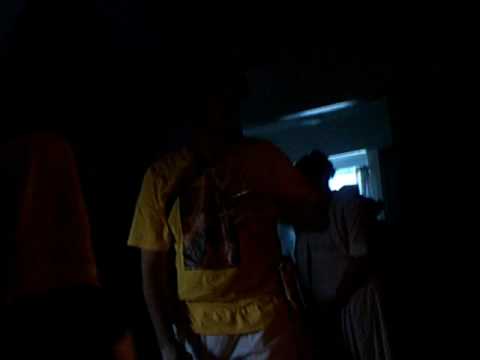
Watch this video on YouTube
Bawon, Gede, Filomena Lubana in a 21 Division, Dominican Vodun Ceremony.
Honor and Respect for the Spirits
Vodouisants believe, in accordance with widespread African tradition, that there is one God who is the creator of all, referred to as “Bondyè,” from the French words “Bon Dieu” or “Good God.” Bondyè is distant from his/her/its creation though, and so it is the spirits or the “mysteries,” “saints,” or “angels” that the Vodouisant turns to for help, as well as to the ancestors. The Vodouisant worships God, and serves the spirits, who are treated with honor and respect as elder members of a household might be.
Influenced by Roman Catholicism, the supreme being was associated with the Judeo-Christian God, and the Lwa becoming the saints. There are said to be twenty-one nations or “nanchons” of spirits, also sometimes called “lwa-yo.” Some of the more important nations of lwa are the Rada (from Allada in Dahomey), the Nago (from Yorubaland), and the Kongo. The spirits also come in “families” that all share a surname, like Ogou, or Ezili, or Azaka or Gede. For instance, “Ezili” is a family, Ezili Danto and Ezili Freda are two individual spirits in that family.
More information is included here.
Divine Horsemen – Vodou Gods of Haiti
In 1947 wire recorders (which could operate on automobile battery power) had just come on the market and Maya Deren brought the first one to Haiti. Included in this album are some of the finest recordings ever made during religious ceremonies near Croix des Missions and Petionville. These selections serve as a soundtrack she shot there from 1947-1951 documenting Vodou ceremonies and festivals.
It should be noted that some Haitian scholars take issue with Maya Deren writing of Vodou as a syncretic blending of African religions and Catholicism. Any cultural amalgamation must be attributed to individual practitioners, and not the way of life handed down from African ancestors that very much pre-dated Christianity.
Updated 23 October, 2023



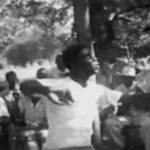
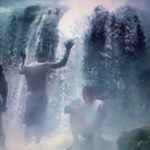
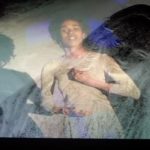
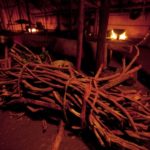
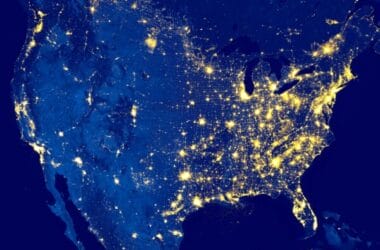
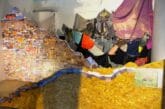
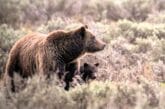
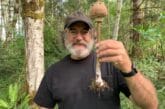


I would love to learn voodoo conjuring the spirits.
Pingback: Maya Deren: Divine Horsemen Dance the Living Gods of Haiti
Voddoupon Robyn Pineda